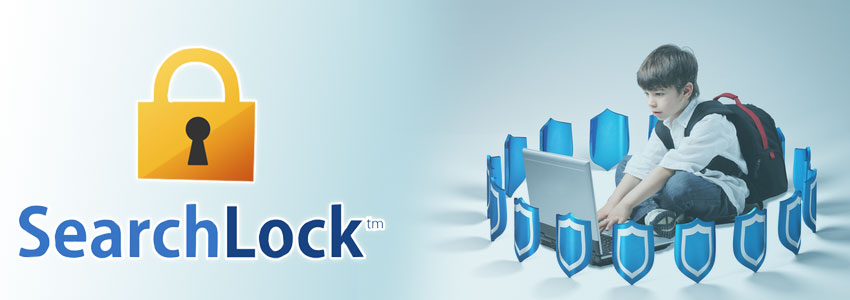
Internet Safety Tips for Kids and Teens
February 14, 2018
Technology has progressed so fast that life and technology are now intertwined. Kids are now introduced to technology as early as a year old or maybe even younger. Soon they will come to know about social media websites and it is the duty of their parents to teach them about privacy, security, and what information to show on the internet.
Here are safety tips you need to teach your children when using the internet:
Social Media:
- Most popular social media offers two authentication factors and setting to make the account more secure teach our children how they can implement it to there accounts.
Public Internet:
- Encourages our children not to use public internet connection as some of them get their information or as much as possible do not log in their personal account on the public internet.
Username or Screen Name:
- Remind our children to not use their real name or include a date of birth in creating a username.
Personal Information:
- Never post personal information on social media websites like a cellular number, home address, and home number.
Meeting a random person online:
- Teach your kids to never meet up with them without any guardian accompanying them.
Posting:
- Teach them what post and what not to posts. Some children are not aware that what they are posting is inappropriate and may offend others without knowing it.
Activity:
- Teach them not to post there activity like going to school or hanging out with friends some criminals may use this to the follow their location.
Cyber-Bullying:
- Always watch out for your children’s social account they will never tell if they are a victim of cyberbullying or better educate them how to handle this situation.
Password:
- Never share your passwords, not even with your best friend. Used mix number and special characters when creating a password and never add personal information.
Online Buying:
- Nowadays even if our children have no credit cards they can still purchase online for some online sellers offers cash on delivery.
Free Softwares:
- Teach them not to download and install just any software on the internet. Let them ask permission first from you before they can download or install. Better yet, provide them a non-administrator account so that they can’t just install anything on the computer
Install Anti-malware:
- There is a lot of free popular software that can protect not just our computer but also our privacy. Our children are always excited to explore and sometimes they can land to a phishing website.
Enable your search engine’s safety filter:
- As to make sure that they don’t get adult-oriented or phishing websites in their search results.